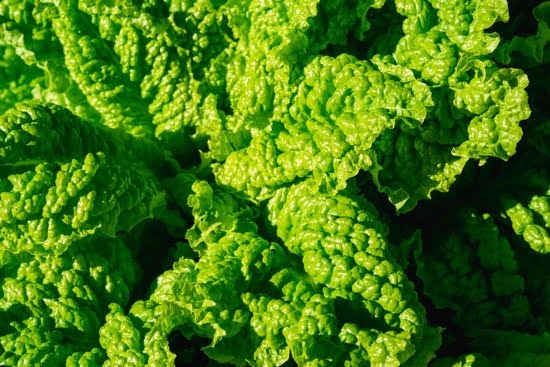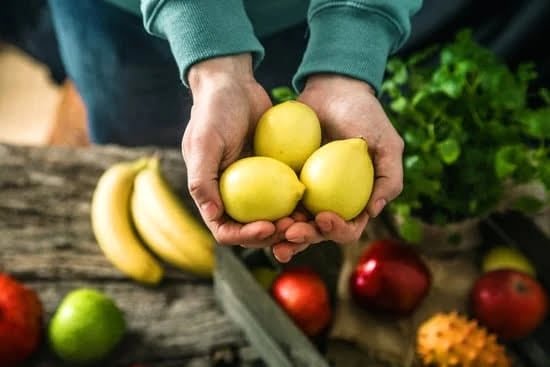One of the best ways to improve your diet and make it healthier is to start and maintain an organic garden. Taking care of a garden does require effort in order to make things grow. It can sometimes seem overwhelming to get started in organic gardening.
A great way to calculate the timing for planting your plants in an organic garden is to use a seed-starting chart. You should do your research and fill in the chart in advance. Once you have it, you can use the chart to plan your planting through the entire season.
Preparing the soil for your perennial garden is easy. Use a spade to dig into the turf, turn the turf over, then spread the area with approximately three inches of wood chips. After a few weeks, dig, then plant your perennials.
If you don’t have the space to have an actual garden in the ground, it’s perfectly acceptable to have an organic garden in containers. There are only a few root vegetables like asparagus that won’t grow well in containers, so feel free to explore. Containers are perfect to grow organic tomatoes, green beans, green onions and many other organic vegetables.
Instead of pulling weeds, turn them into nourishment for your garden. Some weeds, like Lamium or Chickweed, are tough to remove one at a time. Instead, using a sharp shovel or spade, cut under the weeds and turn them over, making sure to bury all of the leaves. The weeds will rot, providing the soil with nourishment like composting.
Add three inches of mulch to your flower beds. Mulch discourages weeds and helps retain moisture while adding nutrients to your flower bed. You will also have a gorgeous and finished organic flower bed.
You should organize your garden and plan everything. Do not buy seeds if you do not know where you will plant them. You need to plan on the long term for certain plants, and on the very short term for short-lived plants that will need to be replaced very quickly.
Encourage bees, wasps, ladybirds and other beneficial insects. These insects are vital in an organic garden. Bees are nature’s most efficient pollinator, and wasps and ladybirds prey on destructive insects in the garden. Ladybirds are particularly effective at ridding your plants of aphids. To attract these beneficial insects, plant companion herbs and flowers around the edge of your vegetable garden.
If your garden shed is far from your garden, try to carry your frequently used tools with you. This will save you time by helping you avoid making many trips to your shed to get tools. If you will need more tools than you can carry, you could consider using a wagon or a bucket to hold all of your tools.
The best way to weed your organic garden is the old-fashioned way, pulling the weeds out by hand. Even though organic herbicides sold at the store are tempting, they aren’t nearly as effective as getting on your hands and knees and pulling the weeds out by hand. It’s also very invigorating to do it yourself. It gives you a sense of accomplishment.
Composting is a great way to fuel your garden. You can add pretty much anything, like grass clippings, shredded paper, coffee grounds, and much more. Basically, you can use anything that was living at one time (but try to avoid animal products). If you buy some worms and keep the compost bin in a warm, sunny place it will turn into perfectly dark and rich soil in no time.
The best and most natural way to fertilize an organic garden is with compost. Compost can be made from anything that was once alive. Don’t discount the value of your kitchen waste, leaves, grass clippings or anything else that was once alive. By composting it all, you will give invaluable life to your organic garden.
Praise the areas of your yard where grass will not grow. Do not be discouraged. Do not try to regrow glass there. Go ahead and take this opportunity to change your ground cover a more natural choice. Look for something that is low-maintenance, and put anywhere grass is struggling to thrive.
An old laundry basket makes a handy, if unlikely, addition to your organic gardening tools. You can collect produce in a laundry basket during harvest. Thanks to the openings in the basket, you can rinse the produce directly without worrying about any standing water collecting and spoiling your fresh fruit and vegetables.
If you are wanting to start your own organic garden, you should always have a plan before beginning. This will assist you in determining where your plants should be located, which will give you a head-start when you are outside planting your plants. If you have plants that have a short life-span, planning ahead what you want to plant in their place is very important.
To keep your garden organic, be sure that any seeds you buy are authentic, high quality organic seeds. Check to make sure that the seed company has been certified organic and does not sell any genetically modified seeds. There are a growing number of sources for organic seeds, so shop around.
Making a good bed is an important part of organic gardening. A spade can be used to slice under your turf. Next, flip the turf, and spread a few inches worth of wood chips across the area. Once a few weeks have passed, you can create cut-ins for the plants.
When running your organic garden, you should use the “shovel method” to eliminate weeds. This method does not eliminate all of the weeds at one time because doing this is ineffective. This method uses a sharp spade to turn the weeds over and bury the leaves. When the leaves rot, the weeds will actually provide nourishment to the soil.
In conclusion, creating and maintaining an organic garden requires hard work, effort and research. Persistence is also a necessary ingredient for success. The next time you are in your garden, think of the tips from this article. If you can use that knowledge, you will be more capable of using organic gardening techniques to your advantage.

If you’re looking to get into vegetable gardening, or are just looking for some tips on how to make your current garden better, then you’ve come to the right place! My name is Ethel and I have been gardening for years. In this blog, I’m going to share with you some of my best tips on how to create a successful vegetable garden.





